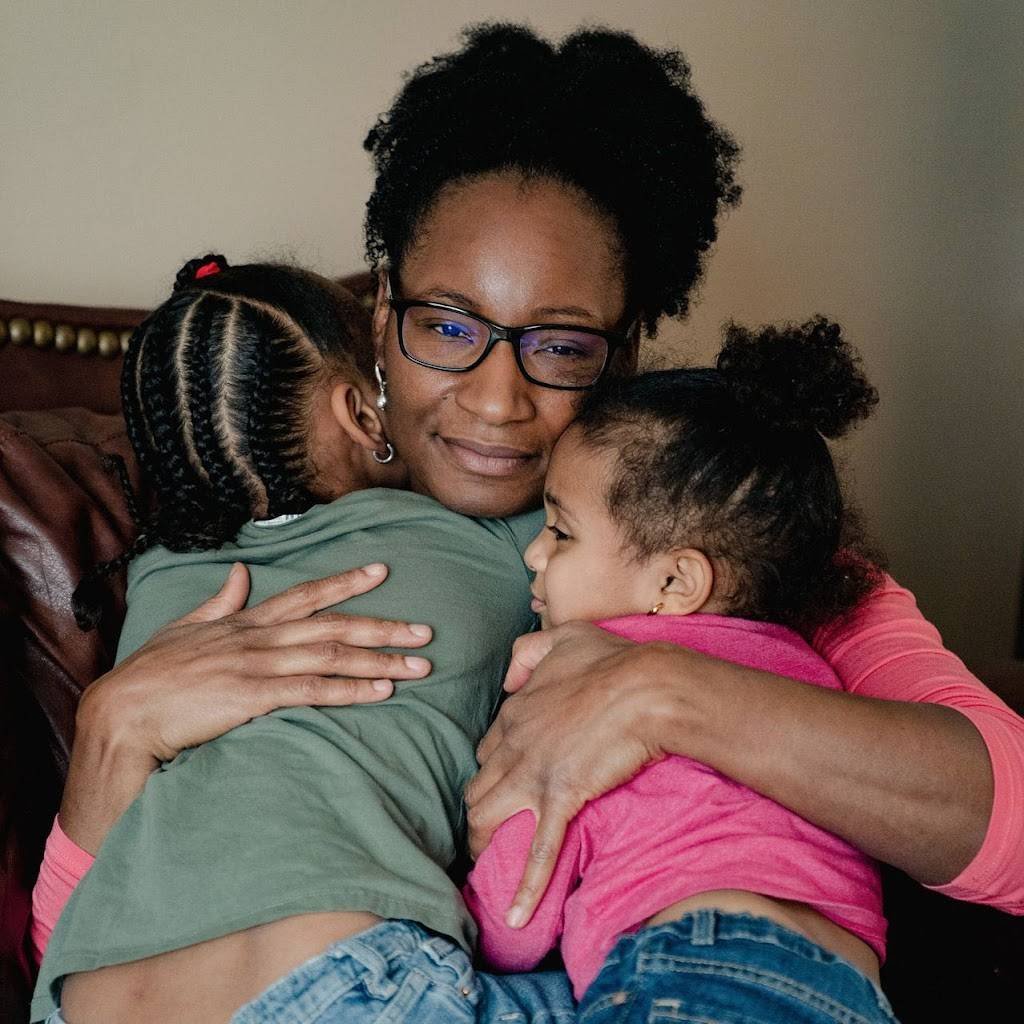A few years after her marriage ended, Aisha Jenkins started thinking about having a baby on her own. She used a leading sperm bank whose catalog contained hundreds of potential donors. But when Jenkins, who is Black, narrowed the search down to Black donors, only six remained.
When she realized how difficult it is to find a Black sperm donor, Jenkins said she expanded her search: “I knew there were other colors in the spectrum that would give me a brown child.” The 46-year-old, who lives in the Washington, D.C., area, now has two daughters, ages 7 and 2 1/2, using different donors—one with Egyptian ancestry, the other with Indian ancestry.
There has been a shortage of Black sperm donors and all donors of color for years, industry experts said, and the Covid-19 pandemic exacerbated the problem. During one week in February, four out of the 242 available sperm donors at California Cryobank, based in Los Angeles, said they were Black or African-American. One out of 126 donors identified himself as African-American at Seattle Sperm Bank, based in Seattle. Eighteen of 360 donors in the catalog of Fairfax Cryobank, based in Fairfax, Va., identified as Black.
Fertility clinics and doctors, sperm banks and other industry experts have struggled to determine why the shortage is especially acute among Black donors and how to address it. California Cryobank is launching a study this year to try to identify barriers to donation among nonwhite donors, with a special emphasis on recruiting more Black donors, said Jaime Shamonki, chief medical officer at the sperm bank. “We know we need to do something about this,” Dr. Shamonki said.





